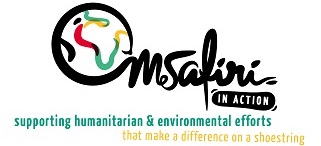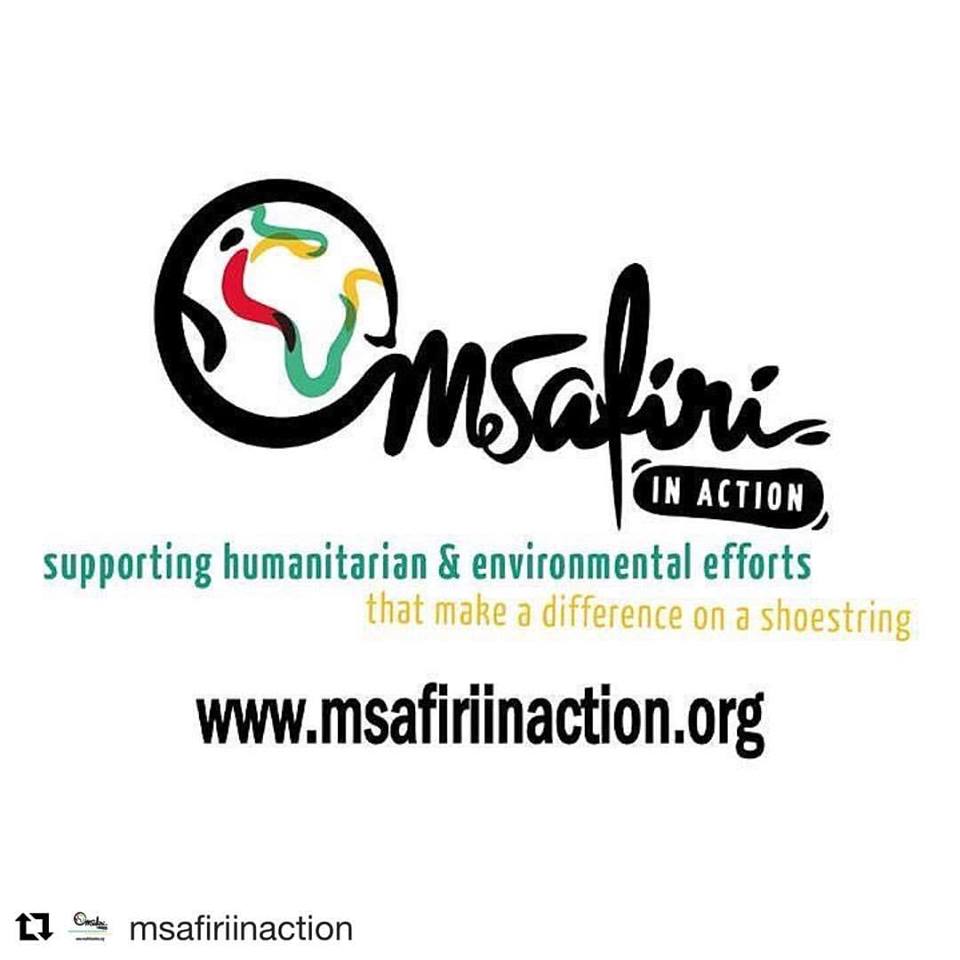- No products in the cart.
The David Sheldrick Wildlife Trust (DSWT), Kenya
The David Sheldrick Wildlife Trust (DSWT) has played an extremely significant role in Kenya’s conservation effort since it was founded in 1977. The Trust was the pioneer of Kenya’s very effective conservation strategy to retrieve the highly endangered Black Rhino from extinction and pioneered the successful hand-rearing and complicated strategy of successful rehabilitation of black rhino claves back into established wild rhino communities.
Dame Daphne Sheldrick was the first person in the entire world to successfully hand rear newborn fully milk dependent African Elephant orphans, spanning 28 years of trial and error to achieve. By the year 2008 the Trust had successfully saved and hand-reared over 82 infant African Elephant calves, two from the day of birth. Currently, over 40 of the Trust’s hand-reared elephants are fully established and living free amongst their wild peers in Tsavo National Park. The Trust also places great emphasis on its community outreach programmes.
Marie, Marianne and Darrel first met Dame Daphne Sheldrick on their trip to East Africa, the same trip where the idea for Msafiri In Action started. Marie had sponsored an orphaned 3 month old bull elephant named Kimana and had been granted the opportunity to visit the Nairobi nursery and meet Kimana and Dame Sheldrick. It was also an opportunity to see the valuable work that the DSWT team do, rescuing and rehabilitating orphaned rhino and elephant calves – an ever increasing dilemma with the drought and stupidly growing incidence of poaching by greedy money-makers.
Half of the funds raised from the Msafiri In Action Charity Trivia Night in September 2010 were donated to support the DSWT.
“Your support through your fosterings, and the trivia night, is deeply appreciated and is certainly helping us in the protection of orphaned animals in Kenya. If you are happy for us to do so, we will direct your donation towards our Community Outreach Project, which forms an integral part of effective wildlife conservation. Since 1977 the DSWT has worked to improve living and educational conditions of people living along the borders of Kenya’s National Parks through Community Support Programmes. This is achieved by talking with communities, and showing wildlife films, as well as involving children in wildlife and habitat conservation, through field trips, video shows and tree planting projects. Assistance to the impoverished communities that border the National Parks is carried out by supporting the local schools and aiding children’s learning and development with the provision of desks, sports equipment and writing aids and more. In essence, these children are tomorrow’s decision makers and so the future of wildlife. If we can reach them now with a message of wildlife protection and habitat conservation there is a brighter future for their local environment and with that, the wider environment.”
Rob Brandford, UK Manager, DSWT
For more information: http://www.sheldrickwildlifetrust.org


